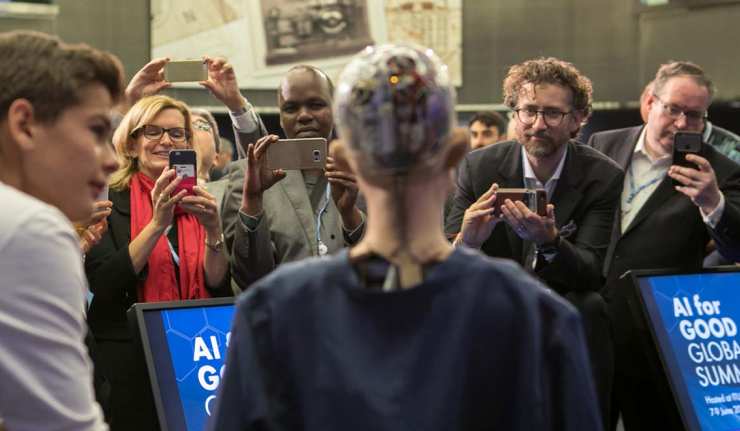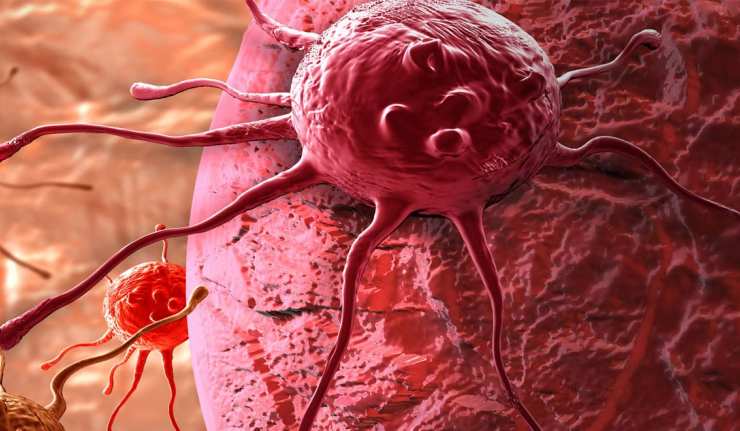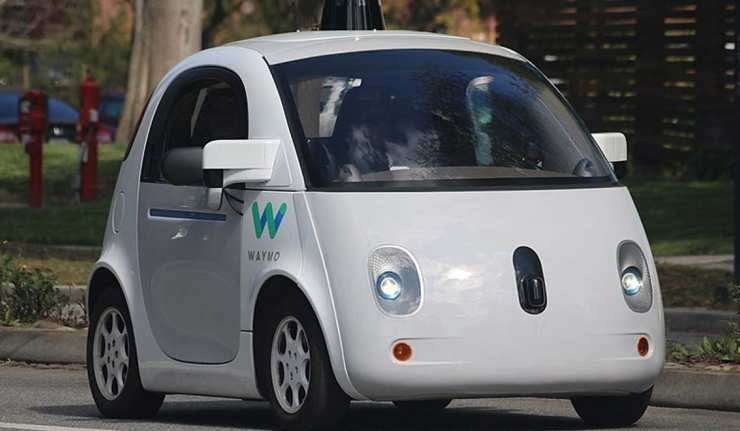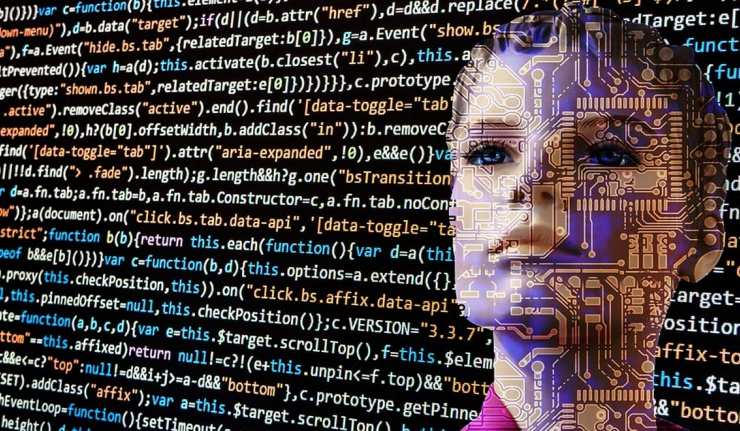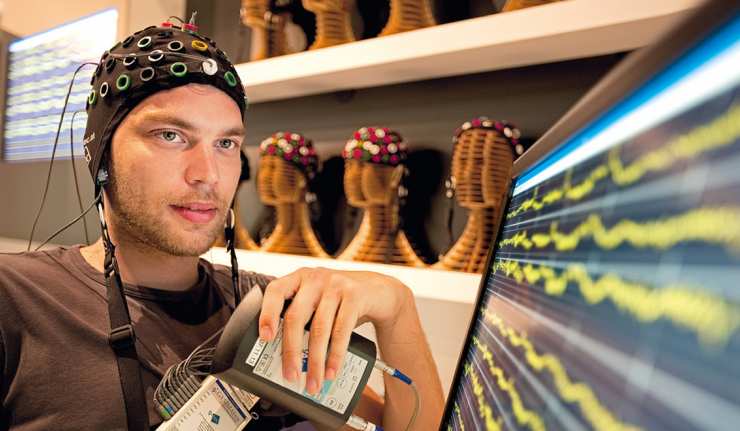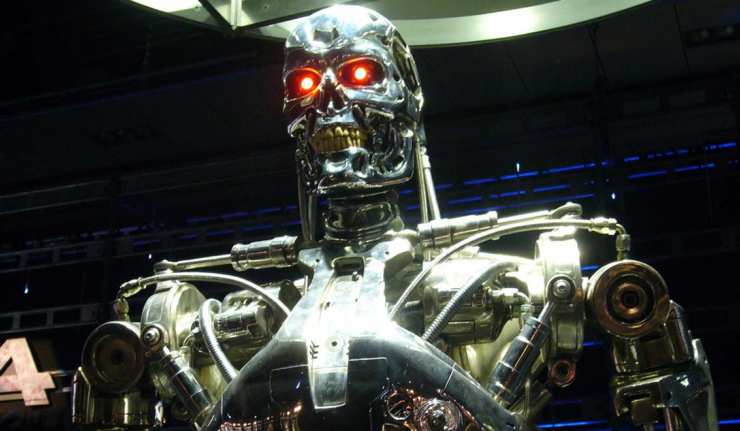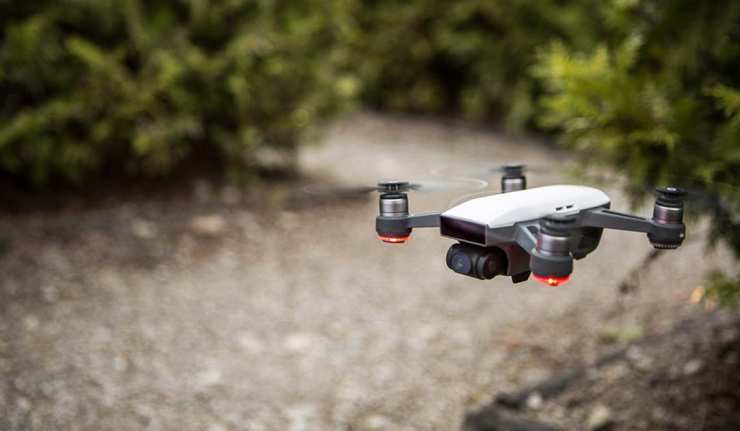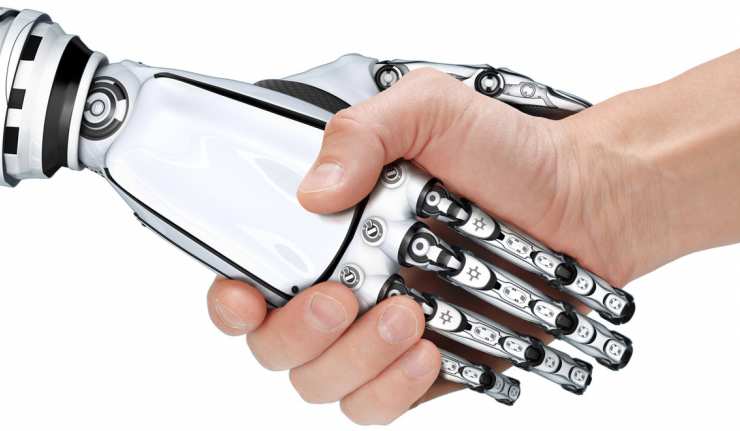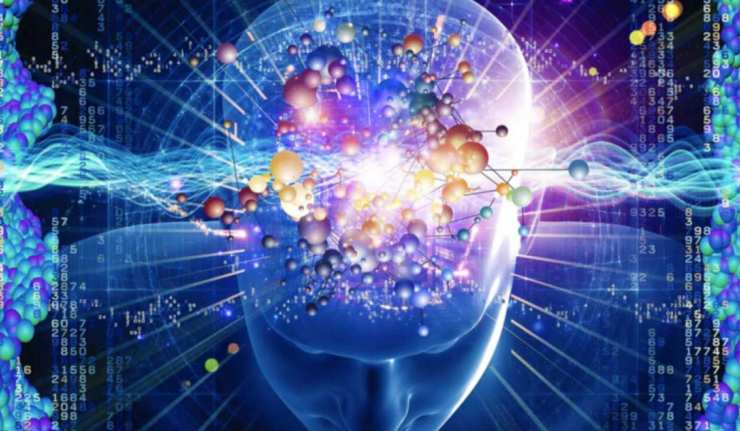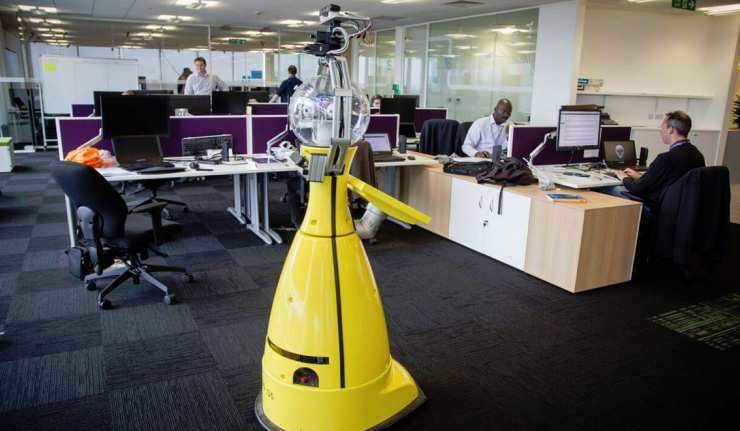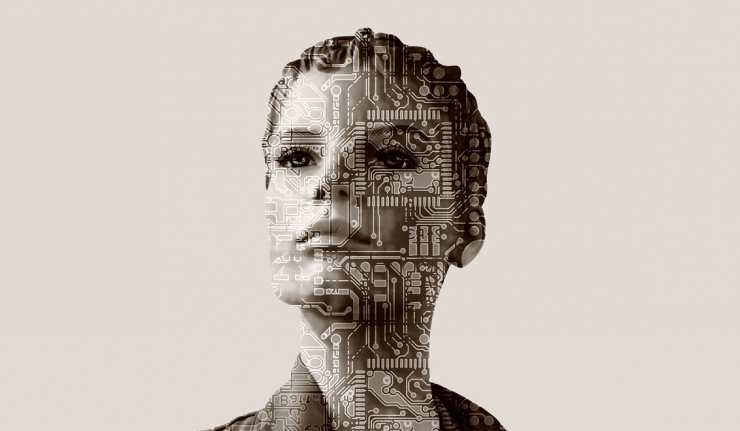AI
AlphaZero AI Can Teach Itself Chess
Google and DeepMind’s AlphaZero has just taught itself to play chess in four hours. Not only that, but it then went on to easily defeat the current computer champion.
AI Goes Open-Source: SingularityNet Aims to Decentralise Deep Learning
Artificial intelligence (AI) is an increasingly powerful commercial tool. It is used more and more by financial services, the insurance industry and of course the information technology multinationals. There are also indications of its emerging role in healthcare, an economical concern worth over one trillion dollars today.
IBM’s Watson Helps Rapidly Identify Treatments for Cancer Patients
A new study suggests that IBM’s Artificial Intelligence (AI) Watson may well be a very useful tool for identifying possible therapeutic options for cancer patients.
The study was led by the University of North Carolina Lineberger Comprehensive Cancer Center and focused on the identification of possible treatment options based on the genetics of the patient’s tumor.
Soon Your Computer Will Be Able to Tell if You’re Bored
Whilst many of us can probably remember drifting off at school during a particular lesson where the teacher failed to fully engage our attention, this could possibly become a thing of the past now that researchers have found a way to measure how engaged someone is with computer-based content.
Waymo’s Self-Driving Cars are on the Public Roads
The key words Artificial Intelligence and Computer Vision for many of us have the meaning of some sort of robot, usually humanoid, which is able to move into some space, talk to us and has sufficient capabilities to understand some tasks we are asking. Something similar to Sophia, the robot that just became citizen of Saudi Arabia.
Stephen Hawking at Web Summit: Will Artificial Intelligence Help Us, or Destroy Us?
Stephen Hawking has made a surprise appearance at the opening night of the Web Summit tech conference in Lisbon, Portugal. Paddy Cosgrave, the CEO of Web Summit, opened the conference last night and invited a number of speakers to join him on stage.
CEO and founder of Portuguese start-up Feedzai, Nuno Sebastiao, started off by saying that Artificial Intelligence is an “incredible tool” but still at its “early stages of development so we also need to ensure its being put to good use in our world.”
Electronic Anticipation: How Computers Will Learn to Imitate Human Behaviour
You may have heard of advanced Bayesian calculations (ABCs), perhaps in the context of how computers are used to study climate patterns and how these will change in the near future. ABC is the basis for how computers can achieve inference as a result of the data it is fed. Inference is an important part of the process by which predictions that our brains make on an everyday basis match up with the available objective evidence.
New FPGA Prototype: Compatible with AI?
There is an emerging trend these days for new hardware materials, designs and standards that seek to defy Moore’s Law and the predicted slowdown in computing evolution and, eventually, the capabilities it represents. It’s a necessary move, particularly in the face of the extensive requirements involved in running some artificial intelligence (AI) platforms. Some AI applications need to process hundreds of thousands of data points for the purposes of deep learning; and some others need to apply algorithms to thousands or even millions of the same.
PhysiOBS: An Innovative Tool-Based Method For Stress Detection in Human-Computer Interaction Using Skin Conductance
The increase in domains such as E-learning, Ubiquitous Computing, Ambient Intelligent and the Internet of Things, exposes users to demanding interactive environments on a daily basis, a fact that increases the need for good user experience (UX). Emotional aspects of UX have gained increased interest recently. The main goal of a user emotional experience evaluation is to identify system flaws that trigger negative emotions such as stress.
Voice Hacking and How to Prevent It
Voice activation is becoming an increasingly popular form of computer interface, thanks to the availability and uptake of systems such as Google Home and Amazon Alexa. These are AI assistants housed in devices that don’t need buttons or keyboards to operate them, and can organise things, complete online orders and give information on different things in response to different commands. Digital assistants may be convenient, but they may also be exposing their users to the potential risks of vocal hacking.
The Future of Toy Design. Should it Include Brain-Computer Interfaces?
Toys are an inseparable part of our childhood years, no matter where on the Earth we live or how poor or rich we are. The difference comes in the materials used to make the toys, and whether they are especially designed to be used as a toy with an educational purpose, or an ordinary object turned into a toy through the imagination of a child. Many of us remember folding an ordinary piece of paper into an intricate airplane and watching with delight as it flies through the sky. The toy market however, has advanced apace, driven by the technological revolution in our everyday life.
Artificial Intelligence Experts Release Open Letter With Stark Warning of the Dangers of Lethal Autonomous Weapons
A group of leading robotics and Artificial Intelligence experts have become so concerned about the potential dangers relating to the use of lethal autonomous weapons in the future that they have written an open letter to the United Nations (UN), asking them to ban the development and subsequent use of this technology.
New Mini Drone “Spark”S Interest in the Industry
The last decade or so has seen a rapid increase in drone technology, both in terms of hardware and software. With stiff competition and the pressure to keep pace with development, professionals in various fields are looking to employ these aero-bots for reasons ranging from leisure and photography to law enforcement and search-and-rescue operations. This demand naturally warrants innovation.
Artificial Intelligence Helps Predict Risk of Suicide
Each year, it’s estimated that nearly 800,000 people commit suicide. The World Health Organization suggest that for every person who died of suicide, there may well be 20 others attempting suicide. The reasons behind suicide attempts are complex, but effective intervention can certainly help reduce the current rate.
Google’s New Composer Uses Neural Networks
Google’s project, Magenta, uses artificial intelligence to create great compositions. Artificial intelligence (AI) is intelligence exhibited by machines. So, with the appropriate scientific and technological innovation, we can have an extended evolution in the field of music.
Teaching Machines about Human Intuition
In recent years, researchers have created automatic planners. The International Conference on Automated Planning and Scheduling hosts a competition, in which machines try to give the best solutions for planning problems. Now, we can have scheduled a flight, taken a drive or coordinated tasks for teams of autonomous satellites, which is so important for the automated process of machines.
Future Human Behavior Prediction – Now, We Can Control Everything
Deep Learning and Artificial Intelligence Labs, learn the machine to predict the future. The datasets, that have been using, are videos of TV series. “When we see two people meet, we can often predict what happens next: a handshake, a hug, or maybe even a kiss. Our ability to anticipate actions is thanks to intuitions born out of a lifetime of experiences”.
MIT Made a Robot Printer That Can Build a House in a Day
Given the current lack of housing across many countries in the world, it’s not surprising that the industry is looking for fast and efficient alternatives to traditional building techniques. These traditional techniques are generally slow, costly and require a large amount of labor. Construction is also a dangerous industry, with many work-related deaths per year.
Meet Betty: Your New AI Office Manager
Over the last few years, the fields of bionics and robotics have reached such great new heights that artificially intelligent robots are now capable of competing in jobs and working alongside people. Yes, with the very same ones who created them! Many have advised that the future will see more such advanced professional and technological developments in bots. Although facing ethical issues and the potential risks of robots replacing people for certain tasks, scientists and innovators have made sure that not all skills of humans can be completely replaced by a machine.
Meet Jill: the AI Teaching Assistant who never misses a beat
There’s been an explosion in online courses recently, with many top colleges and universities offering students all over the world the opportunity to study with the, no matter where they might live in the world and what time of day they have time to attend lectures.


